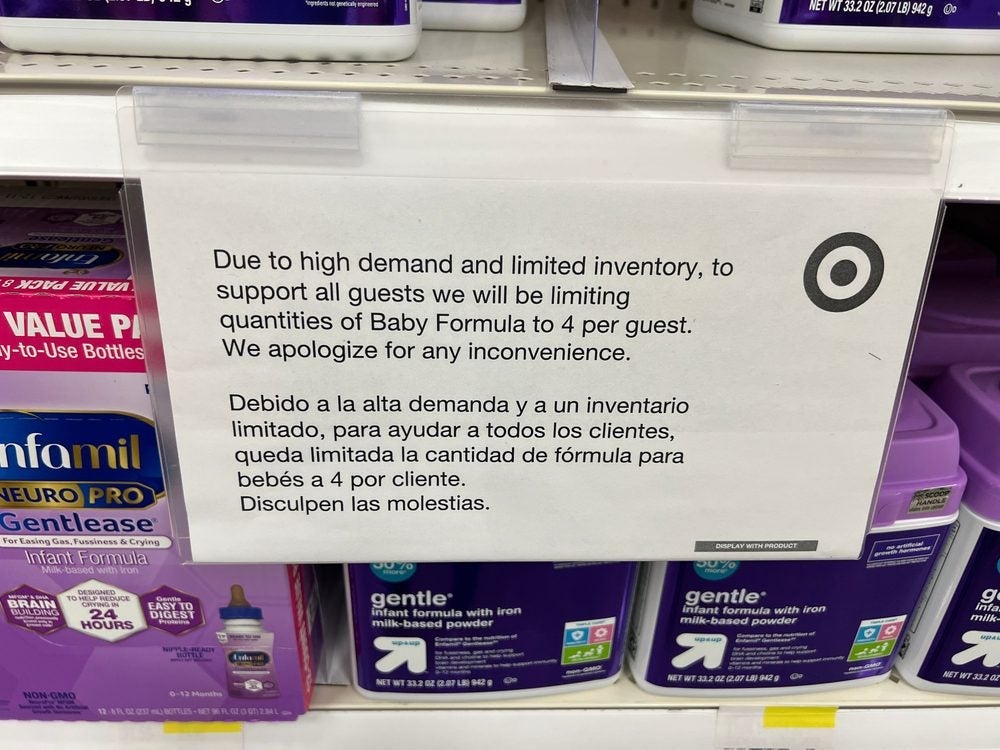Consumers Have Some Responsibility, Too
(What Rebate? March)
Although you bring up a number of interesting points regarding unclaimed rebates and unused gift cards, I do think that the somewhat negative slant toward companies that offer rebates and issue gift cards was a bit harsh.
I completely agree that when consumers make purchases tied in to rebates, the retailer or manufacturer should make good on that offer, and fulfill the rebate if the rules of the program are followed. Nonetheless, the successful redemption of any offer requires the participation of two parties: the issuing company and the redeeming consumer.
Most offers, such as coupons, carry terms and conditions like minimum spends, expiration dates and redemption locations. If consumers are interested in redeeming an offer or receiving a rebate, they’re responsible for following the rules.
Additionally, most companies offering gift cards today are no longer applying expiration dates or charging dormancy fees. Many states do require that those funds be kept on their books as a liability and then returned back to the state in the form of abandoned property after a certain period of time. There are a few exceptions, as you noted.
Gift card issuers in many cases are paying additional fees to card processors to maintain balances on gift cards that are not being used. At the end of the day, most gift card issuers would prefer that cards be redeemed — for a number of business reasons.
Most importantly, gift card purchases are not recorded as sales until the cards are redeemed — which is when the margin dollars appear on retailers’ books.
Last, consumers should take the same care with rebates and gift cards as they do with other financial instruments that they value. After all, most of us do not misplace cash or sit on payroll checks for months on end, and then expect someone to remind us that those items are still out there somewhere.
In the end, achieving a positive experience and the maximum benefits from valuable promotional tools like rebates and gift cards does require the proper levels of accountability from corporations, but an equally proper level of responsibility from consumers.
Anita J. Hall
President
Virtual Incentives Group, Inc.
Crumb’s Only Partly Right
(Crumb on Marketing, November)
Okay, so I’m a little behind in my reading, but I just got to Crumb’s letter on marketing. Although I am in marketing and have been for my entire career, I can’t disagree with Crumb, nor can I fully agree with him.
Although marketing can be a tool for “evil,” just like everything else, it can also be a tool for “good.” Without marketing, the little non-profit arts organization that I serve as board vice president wouldn’t be able to attract funders or donors or people to attend programs.
Without marketing, members of our community would not know that our bank offers great products and services — or that we help fund that small non-profit arts organization. Without marketing, Crumb wouldn’t sell a single comic book.
Unfortunately, a lot of marketing IS done for “evil” — think of the original campaign to get women to smoke cigarettes. Yes, we marketers try to manipulate behavior. And yes, some of us have tons of money to spend on it, and we often use emotional tactics to get people to do something they might not otherwise do, or that is bad for them.
But without marketing, people wouldn’t know about new products and services … they wouldn’t know about the latest health care breakthrough, or the hybrid cars, or the shows at the theater down the street. And let’s not forget our college communication theory classes: consumers aren’t dumb, and they aren’t that easily manipulated. They do what they want, and our marketing just helps nudge them where we want them to go.
Debbie S. George
Public Communications Officer
First Federal Bank
 Network
Network

